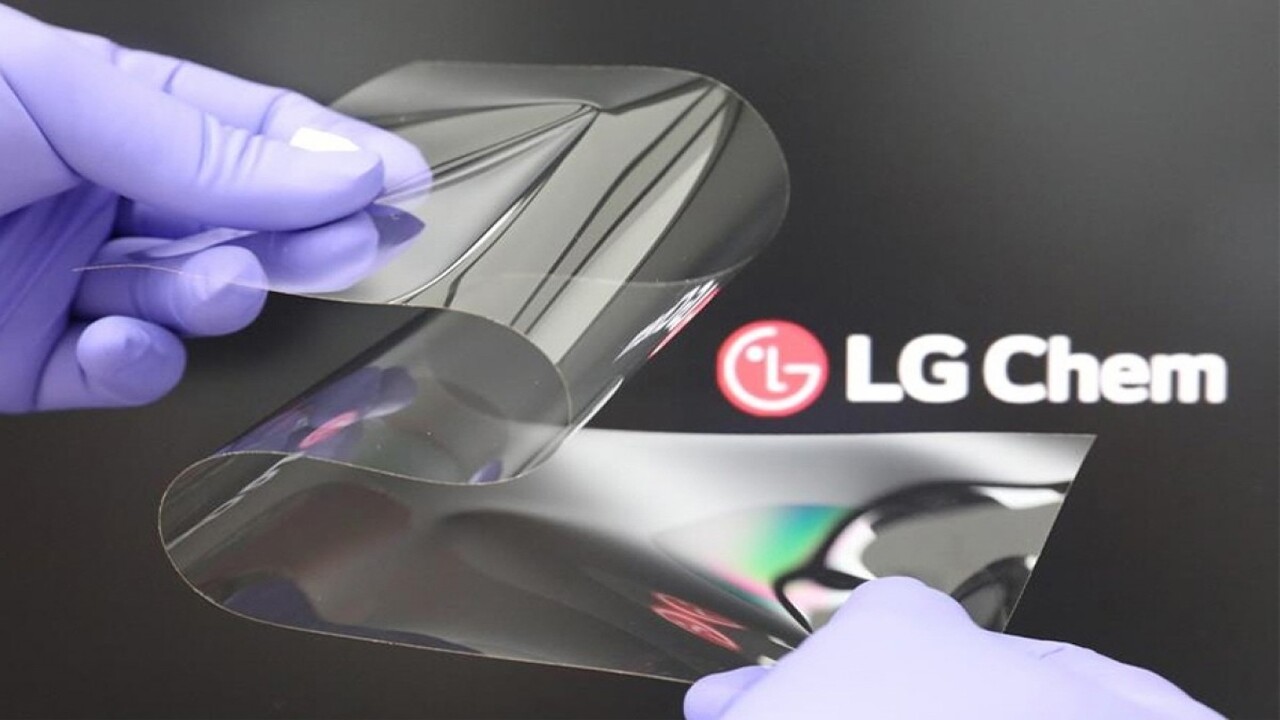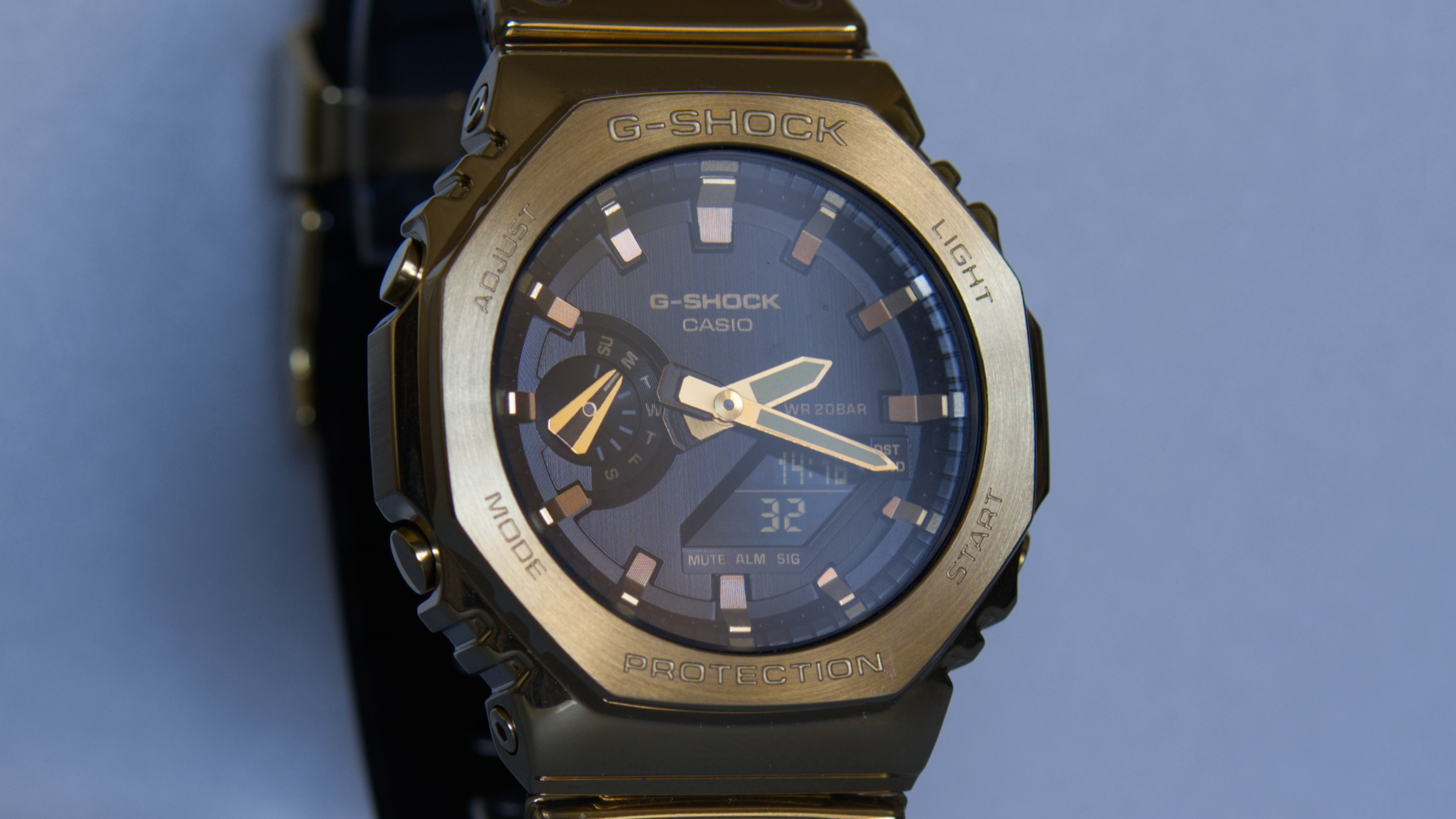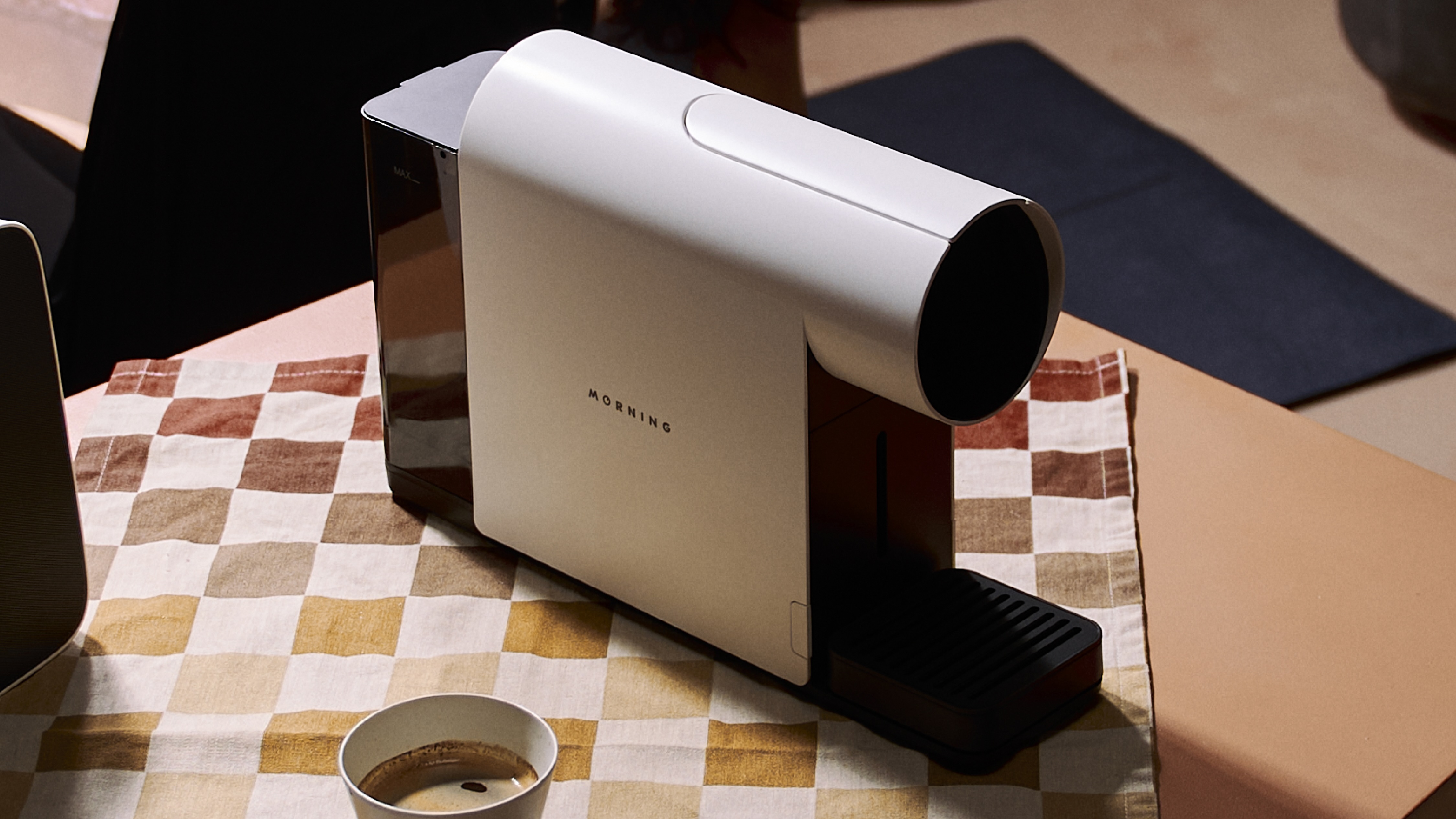

LG has just announced the launch of its 'Real Folding Window' technology, which ambitiously claims to be as tough as glass, but with the added flexibility of plastic. We think that sounds pretty impressive.
Yes, despite leaving the phone market, LG Chem (a subdivision of LG) has come up with the new foldable display material tech that aims to overhaul the foldable panel phone market by making more resilient displays. At the moment, the technological processes involved in developing the robust materials needed for the best foldable phones' screens are pretty pricey.
- is Sony PS5 SSD heatsink looks like a smart and stylish console upgrade
- Google Nest gets ‘Air Quality' feature to monitor the quality of the air in your area
- WhatsApp will soon let you turn off your 'Last Seen' status for individual contacts
Launching in 2023, LG will use specially developed coating materials to achieve a new level of crack protection. “Real Folding Window” is the official moniker for the upcoming technology that sees the coating materials applied to transparent PET film (a thermoplastic polymer resin).
LG says that minute applications of the material on both sides of the sheet will create a heat-resistant panel that forms a preventative cushion for increased durability. Despite the successful launch of foldables like the Samsung Galaxy Z Fold 3 5G, there's still understandable skepticism over the split in the center of these displays, where it can seem like an obvious point of frailty in otherwise sturdy devices.
A crease-free future
LG Chem believes that its new tech would give any foldable panel the ability to withstand a mind-boggling 200,000 folds, as well as provide crease-free displays that can bend inwardly and outwardly. This is a level of durability that can't currently be achieved at a realistic price point for the consumer, so could be a real watershed moment for a new generation of cheaper foldable phones.
Chang Do Ki, VP and Division Leader of Advanced Materials, notes that the ‘Real Folding Window’ tech would tackle the existing issues dominating the foldables market. It would initially be a way to increase the lifespan of your smartphone, before then taking aim at the screens of future and bigger devices on the best laptops and best tablets.
Sign up to the T3 newsletter for smarter living straight to your inbox
Get all the latest news, reviews, deals and buying guides on gorgeous tech, home and active products from the T3 experts
Luke is a former news writer at T3 who covered all things tech at T3. Disc golf enthusiast, keen jogger, and fond of all things outdoors (when not indoors messing around with gadgets), Luke wrote about a wide-array of subjects for T3.com, including Android Auto, WhatsApp, Sky, Virgin Media, Amazon Kindle, Windows 11, Chromebooks, iPhones and much more, too.

